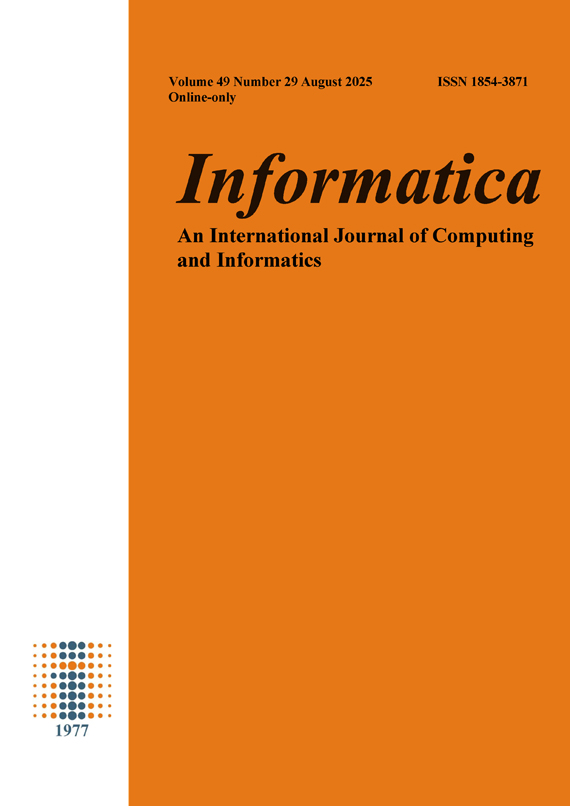KEAI: An Adaptive Dynamic Programming and Iterative Optimization Model for Event-Triggered Control in Complex Networks
Abstract
Achieving optimal control of Complex Networks is crucial for optimizing network structures and system solutions. However, current methods mainly suffer from high computational costs and poor performance. Therefore, this study proposes an optimal control model based on Adaptive Dynamic Programming and Iterative Algorithm to address these issues. The model uses Global Dual Heuristic Programming as the foundation, value iterationas the core optimization technique, and integrates event-triggered mechanism and K-means clustering algorithm. The results show that, compared to modelsbased on theHarris Eagle, Arithmetic, and Northern Goshawll optimization algorithms, the proposedmethod reduces physical indicators (e.g., floating-point operations) of the target network by 15%, ensuring accuracy, while achievinga lighter networkand faster convergence. In practical tests, the model is used to optimize the YOLOv8 network. The verification using the CIFAR-10 dataset showed that the YOLOv8’s accuracy improved by 10.2%, with response time reducedby 15ms and energy consumption for single-image recognition cut by 31mJ. These results showthat the proposed model effectively achieves optimal control of complex networks, addresses issue like slow speed and high consumption,DOI:
https://doi.org/10.31449/inf.v49i29.8847Downloads
Published
How to Cite
Issue
Section
License
Authors retain copyright in their work. By submitting to and publishing with Informatica, authors grant the publisher (Slovene Society Informatika) the non-exclusive right to publish, reproduce, and distribute the article and to identify itself as the original publisher.
All articles are published under the Creative Commons Attribution license CC BY 3.0. Under this license, others may share and adapt the work for any purpose, provided appropriate credit is given and changes (if any) are indicated.
Authors may deposit and share the submitted version, accepted manuscript, and published version, provided the original publication in Informatica is properly cited.









